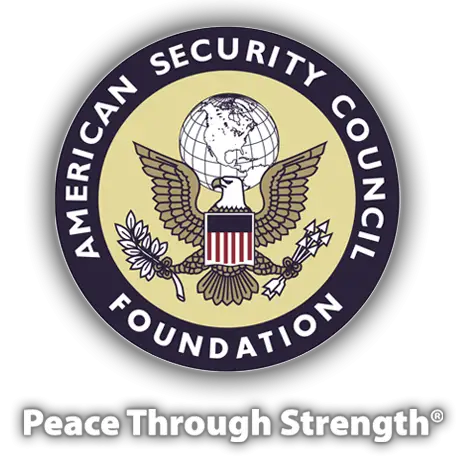
If you liked this article, please share it with your friends and family. You can also help the American Security Council Foundation shape American policy.

Written by Scott Tilley, ASCF Senior Fellow
The start of a new year affords us the opportunity to glance into our crystal ball and forecast which developments are likely to have significant impacts on our economy, national security, and society in general. Regarding technical power, I think two topics are interesting candidates for 2022: COVID-19 (yes, the pandemic will still be with us for a while yet) and The Great Resignation.
***
COVID-19: I have been writing about the pandemic for the last two years, and I genuinely wish I was not covering it anymore. Sadly, COVID-19 is not going anywhere soon. We are making progress nationally, with the recent announcement of rapid tests being made widely available for free to all Americans (albeit relatively late in the game, and only four tests per household), the announced distribution of 400 million N95 masks, Pfizer’s new oral antiviral treatment PAXLOVID, and the continued rollout of mRNA vaccines. These are all welcome developments, but our vaccination rate is the second-lowest in the developed world (only Russia is lower than us), which is one of the reasons why the Omicron variant continues to rage across the country.
Nevertheless, the scientific prowess that went into the rapid development of these tools in our anti-COVID-19 toolbox are all examples of technical power. Whoever controls their manufacturing and deployment effectively controls much of the world economy, and thankfully, we’re in the lead – at least nationally. That’s why we need to maintain funding, both private and public, for fundamental research in areas such as biomedical engineering, cybersecurity, health sciences, information technology, and smart manufacturing.
However, the definition of “pandemic” is a global health emergency, and it’s here that we’re falling short. Unless more parts of the world become fully vaccinated, we will continue to have negative economic impacts at home. In addition, global supply chains will remain problematic. More importantly, we run the risks of new variants emerging. If that happens, and the variant is highly transmissible, extremely virulent, and possibly immune to our current vaccines, we’ll be back at square one.
***
The Great Resignation: Not to be confused with “The Great Reset,” which is a theory of how the world order is undergoing structural change (and a good topic for a future column), “The Great Resignation” refers to the unique phenomenon of people quitting their jobs in droves. In the past, we’ve had mass layoffs in various industries, the movement of people to new locations as they search for work (e.g., during the Great Depression in the 1930s), and changes in the workplace due to automation. But the last two years have seen something quite remarkable: people leaving the workforce of their own accord.
Several factors are driving this change in our economy. COVID-19 is undoubtedly one of the main drivers, as people were forced to work from home. The coronavirus also forced many employees to reconsider where they want to live: in urban centers or remote locations. Urban centers are lively but expensive and often involve lengthy and frustrating commutes. Outlying areas are quieter and cheaper, but they lack the social interaction that big cities provide. It seems, for now, the escape to the suburbs and countryside is winning. This movement has been made possible by novel technologies that have been rolled out incredibly rapidly, increased broadband availability, and a fundamental rethink of work/life balance.
Working from home is not for everyone. It is already changing the face of our nation, but of course, not everyone can work from home. Essential workers, first responders, and people in the service industry must go into work every day. But with so many professionals leaving the cities, the core parts of our large urban centers are at risk of being hollowed out. Moreover, the technical power behind remote working allows the work to be done anywhere – all over the world. As a result, we may see another wave of offshoring of well-paying jobs, impacting white-collar workers like never before. So be careful what you wish for.
###




